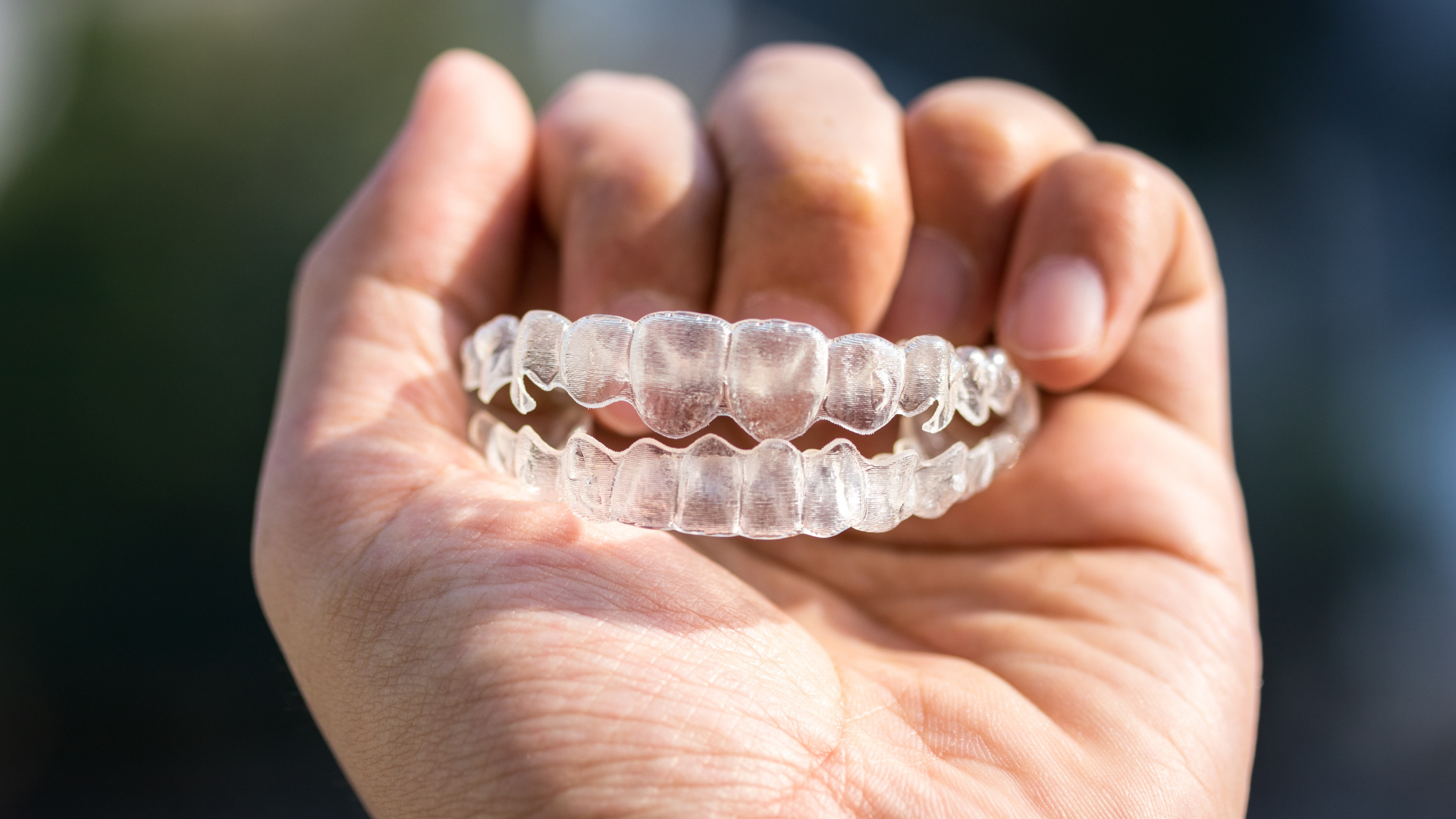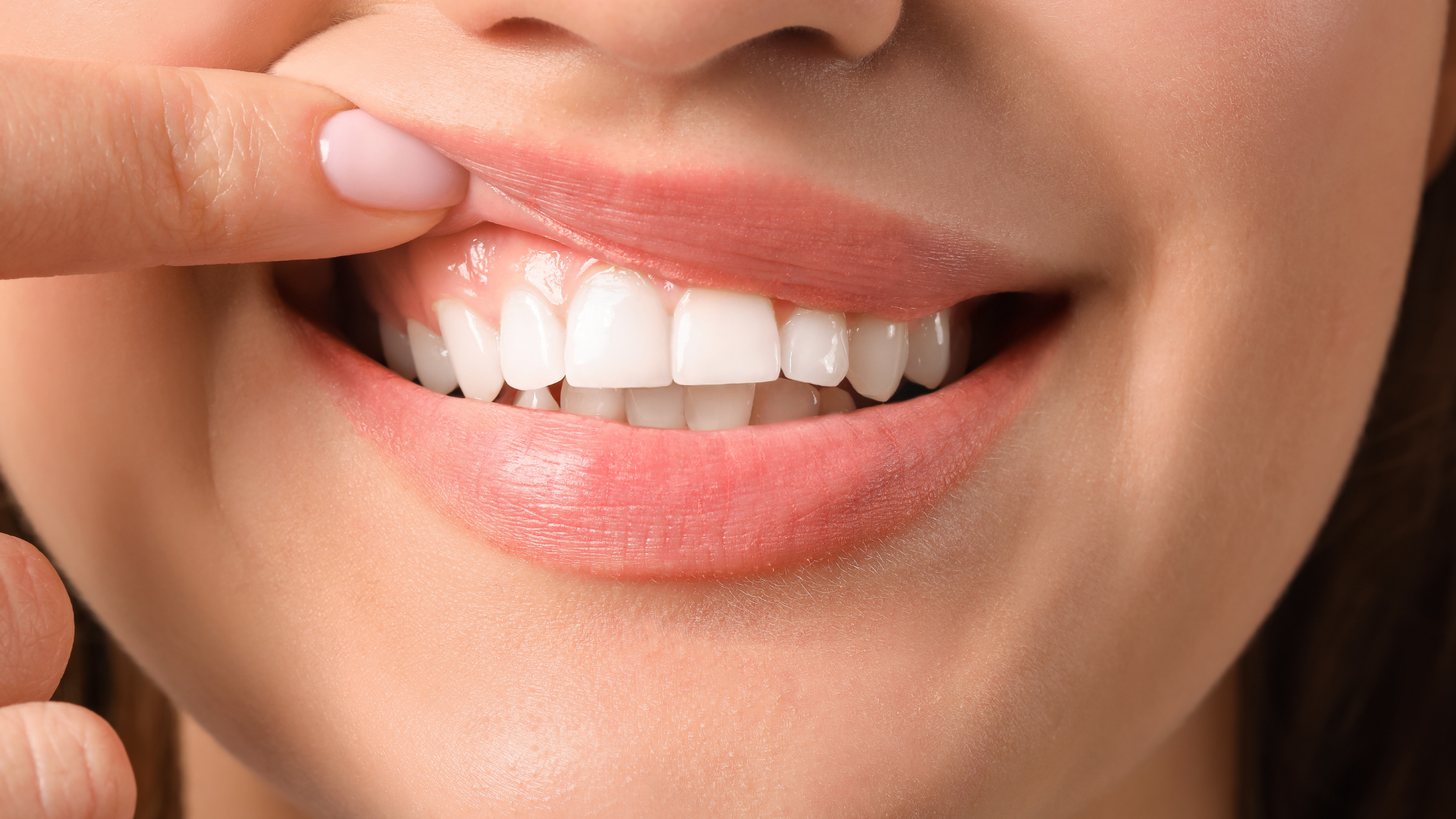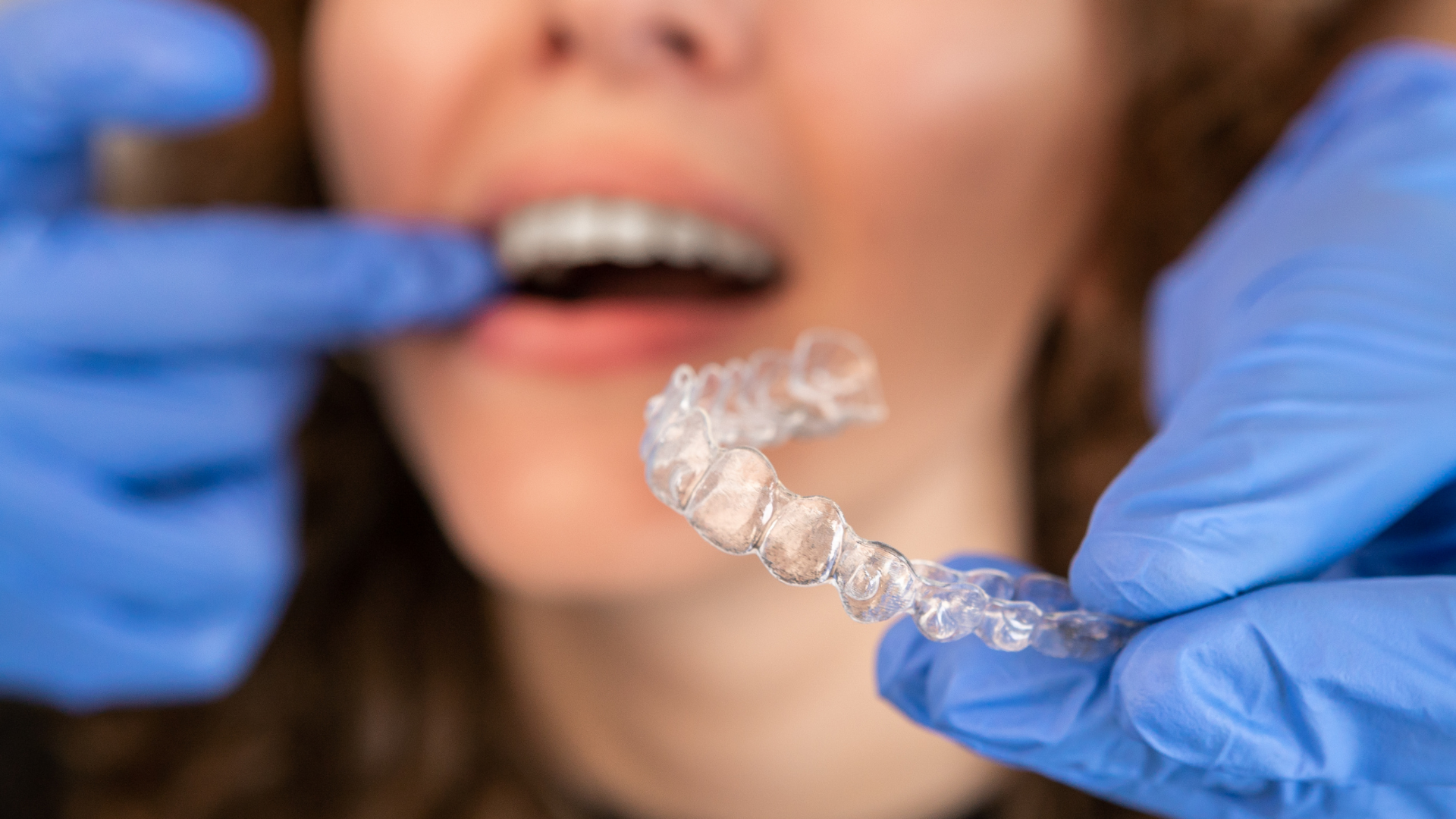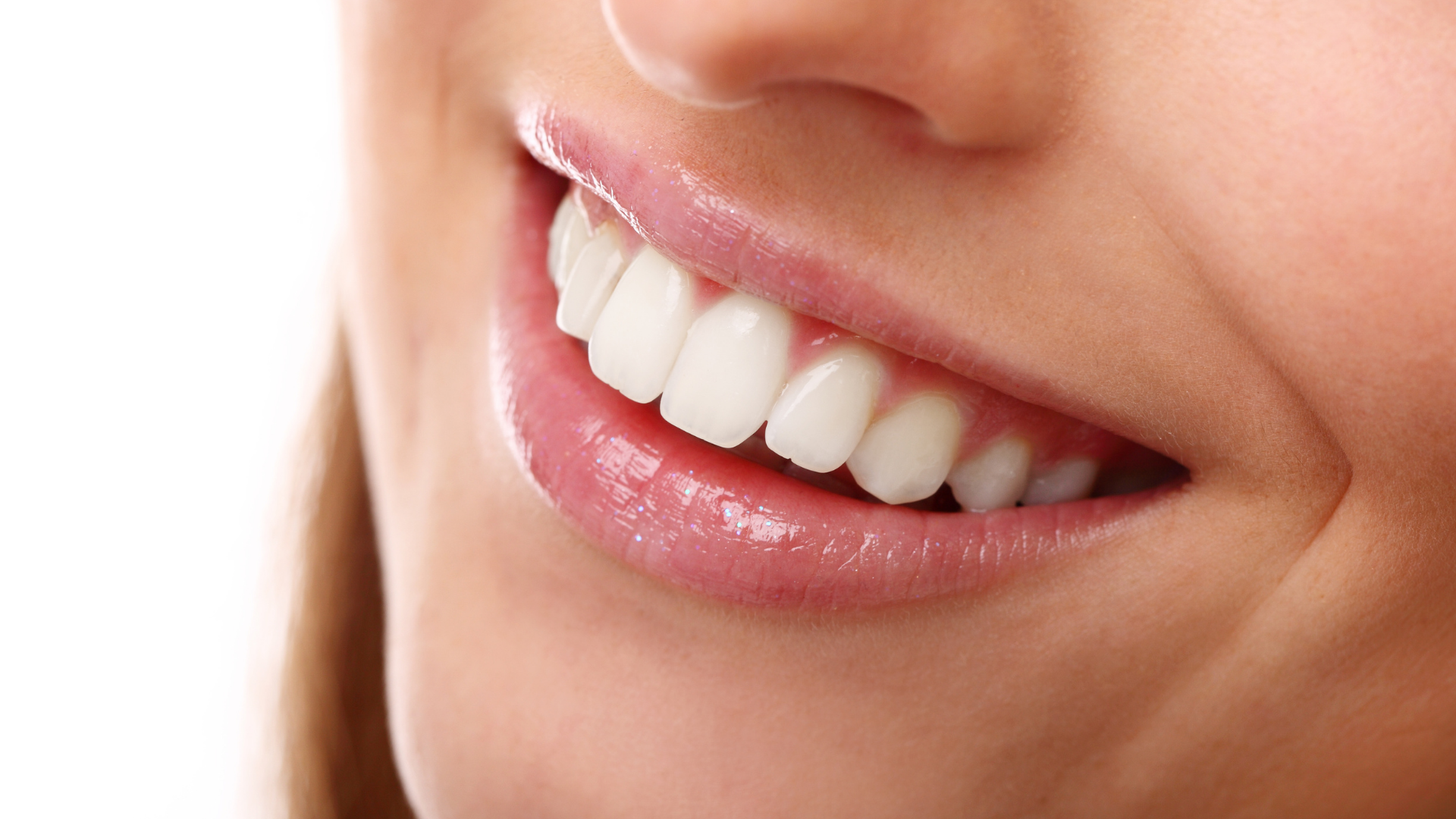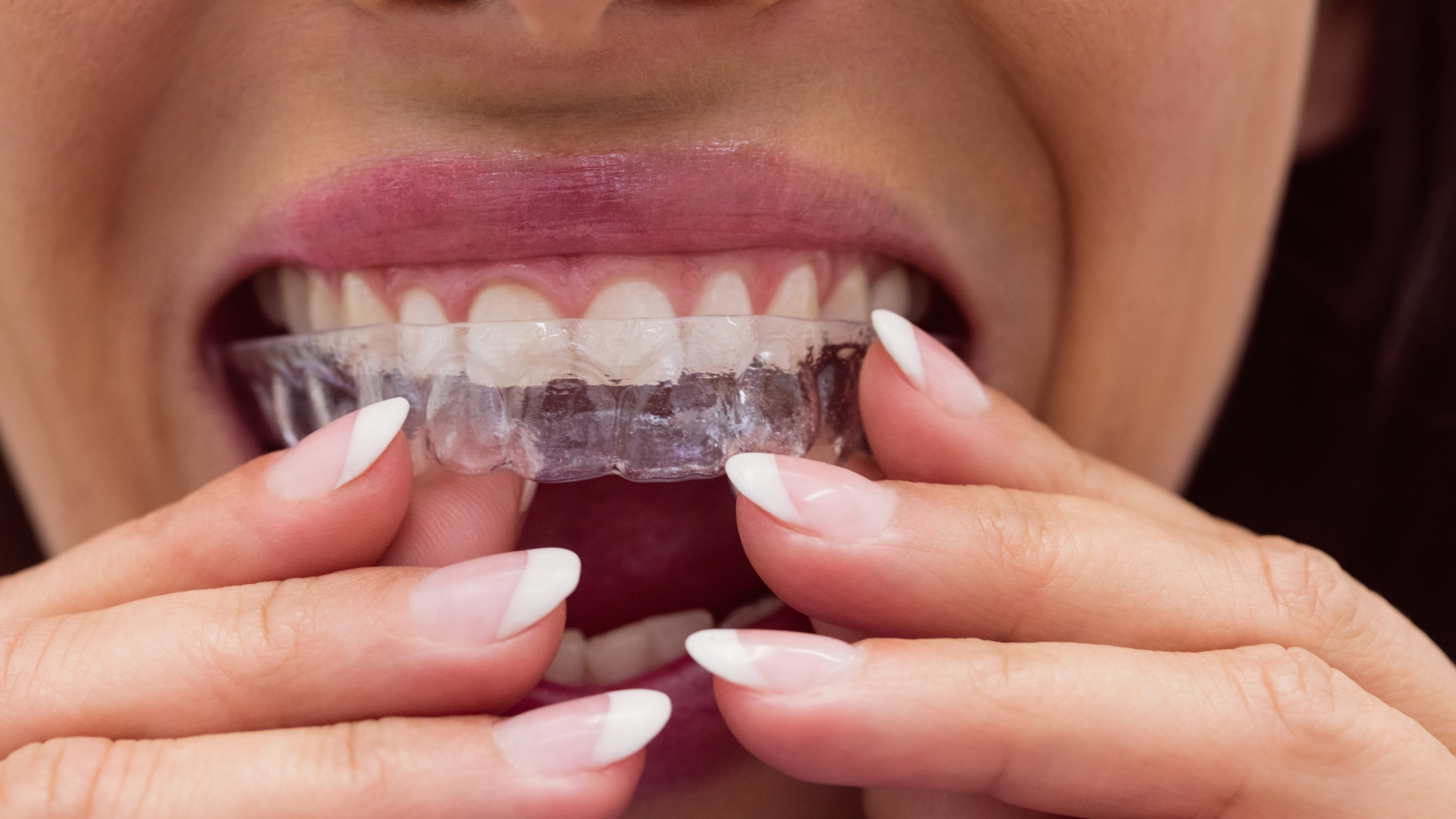Tooth extraction is a common dental procedure that may cause discomfort and pain. Understanding the duration of tooth extraction pain and how to manage it will help with a smooth recovery. In this article, we will explore the causes, symptoms, and duration of tooth extraction pain, as well as effective ways to manage and prevent it. Additionally, we will discuss the recovery process and the importance of proper care after tooth extraction.
Key Takeaways
- Tooth extraction pain typically lasts for a few days to a week, depending on the complexity of the extraction and individual healing ability.
- Home remedies such as cold compresses and saltwater rinses can help alleviate tooth extraction pain.
- Over-the-counter pain medications like ibuprofen or acetaminophen can provide relief from tooth extraction pain.
- Proper post-extraction care, including following the dentist's instructions and maintaining good oral hygiene, is crucial for a smooth recovery.
- If tooth extraction pain persists or worsens, it is important to seek professional dental advice for further evaluation and treatment.
Understanding Tooth Extraction Pain
Causes of Tooth Extraction Pain
Tooth extraction pain is generally easily managed with over the counter non prescription medication. The process involves the removal of a tooth from its socket in the bone. According to a study by Bryant St. Dental, the pain experienced during tooth extraction without anesthesia can be severe and prolonged. The discomfort is often attributed to the exposure of nerve endings and the pressure exerted on surrounding tissues. Here's a table outlining the common causes of tooth extraction pain:
| Cause of Pain | Description |
|---|---|
| Nerve Exposure | Exposed nerve endings can result in sharp, shooting pain |
| Tissue Inflammation | Swelling and inflammation can cause throbbing discomfort |
| Bone Pressure | Pressure on the surrounding bone can lead to aching pain |
It's essential to recognize that tooth extraction pain varies from person to person, and seeking professional advice is crucial for proper management and relief.
Symptoms of Tooth Extraction Pain
How Painful Is Tooth Extraction Without Anesthesia? is a common question for those preparing for a tooth extraction. The table below outlines the common symptoms of tooth extraction pain:
| Symptom | Description |
|---|---|
| Swelling | Swelling around the extraction site |
| Bleeding | Bleeding from the extraction site |
| Throbbing Sensation | Throbbing sensation in the jaw area |
Note: If you experience these symptoms after a tooth extraction, it is important to seek professional advice for proper care and management of the pain.
Duration of Tooth Extraction Pain
After a tooth extraction, patients may experience varying degrees of pain. The duration of discomfort depends on several factors, including the complexity of the extraction. At
Bryant St. Dental, we understand the concerns surrounding
tooth extraction
and strive to provide patients with the most comfortable experience possible.
Patients should be aware that pain from a tooth extraction typically subsides within a few days. It's important to follow post-extraction care guidelines to ensure a smooth recovery. Seeking professional advice is crucial for managing any prolonged or severe pain.
Managing Tooth Extraction Pain
Home Remedies for Tooth Extraction Pain
At
Bryant St. Dental, we prioritize the comfort and well-being of our patients, ensuring a pain-free experience. Here are some effective home remedies for managing tooth extraction pain:
- Apply ice packs to the affected area to reduce swelling.
- Avoid drinking through a straw to prevent dislodging the blood clot.
- After 24 hours a saline rinse may be helpful
It's important to consult with your dentist before trying any home remedies to ensure they are safe and appropriate for your specific situation.
- Home Remedies and medications can provide relief from pain and swelling, but it's important to follow the dentist's instructions.
Seeking professional advice is crucial for managing tooth extraction pain effectively.
Preventing Tooth Extraction Pain
At Bryant St. Dental, we prioritize patient comfort and offer various options for pain management during tooth extraction. One effective way to prevent tooth extraction pain is to follow the advice of your dentist. Additionally, maintaining good oral hygiene and attending regular dental check-ups can help identify potential issues before they become painful. It's essential to remember that proper care before and during tooth extraction can significantly reduce the risk of
pain and discomfort.
| Preventive Measures for Tooth Extraction Pain |
|---|
| 1. Sedation and local anesthesia |
| 2. Maintaining good oral hygiene |
| 3. Regular dental check-ups |
Discuss your concerns about tooth extraction pain with your dentist to explore the best options for pain management.
Recovery After Tooth Extraction
Healing Process After Tooth Extraction
The healing process after tooth extraction is a crucial phase in managing pain and ensuring proper recovery. During this time, it's important to follow the dentist's instructions for post-extraction care. This may include
avoiding strenuous activities, sticking to a soft food diet, and
keeping the extraction site clean. Additionally, it's essential to
monitor for any signs of infection or prolonged pain.
Diet After Tooth Extraction
The diet after tooth extraction should consist of soft foods such. Avoid hard, crunchy, or spicy foods that can irritate the extraction site. It's crucial to stay hydrated and consume nutritious foods to promote
healing.
Activities After Tooth Extraction
After a tooth extraction, it's important to take it easy and avoid strenuous activities for at least 24 hours and follow the post-operative instructions provided by your dentist to ensure proper healing.
Bryant St. Dental recommends avoiding smoking and using a straw, as these actions can dislodge the blood clot and delay healing.
Remember, any persistent or severe pain should be reported to your dentist immediately. Seeking professional advice is the best course of action for a smooth recovery.
Conclusion
Summary of Tooth Extraction Pain
Bryant St. Dental emphasizes the importance of proper care and seeking professional advice to manage the discomfort.
Home remedies and a specific diet can also aid in the recovery process. It is helpful to understand the causes of tooth extraction pain to prevent complications and ensure a smooth recovery.
- Healing process after tooth extraction
- Diet after tooth extraction
- Activities after tooth extraction
Proper care and professional guidance are essential in managing tooth extraction pain effectively.
Importance of Proper Care
The procedure involves removing a tooth from its socket, which can cause discomfort . Proper care after tooth extraction will ensure a smooth recovery. It is important to follow the dentist's instructions, maintain good oral hygiene, and watch for any signs of infection.
| Care Guidelines |
|---|
| 1. Take prescribed medications as directed |
| 2. Avoid strenuous activities for the first few days |
| 3. Stick to soft foods and liquids for the first 24 hours |
| 4. Gently rinse your mouth with salt water after 24 hours |
Patients should be mindful of any unusual pain or prolonged discomfort, and seek professional advice if necessary.
Seeking Professional Advice
Seeking professional advice is crucial for anyone experiencing prolonged pain. Without proper care, complications can cause prolonged discomfort. Additionally, it's essential to follow the recommended post-extraction care and attend follow-up appointments.
| Sign | Description |
|---|---|
| Persistent, severe pain | Pain that does not subside with prescribed medications |
| Excessive bleeding | Bleeding that persists beyond 24 hours |
| Swelling | Swelling that worsens or does not improve |
It's important to note that seeking professional advice can significantly impact the recovery process and ensure optimal oral health.


